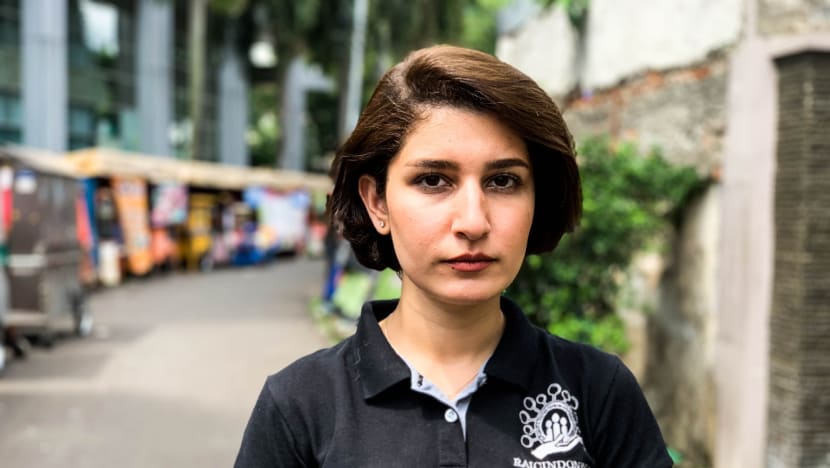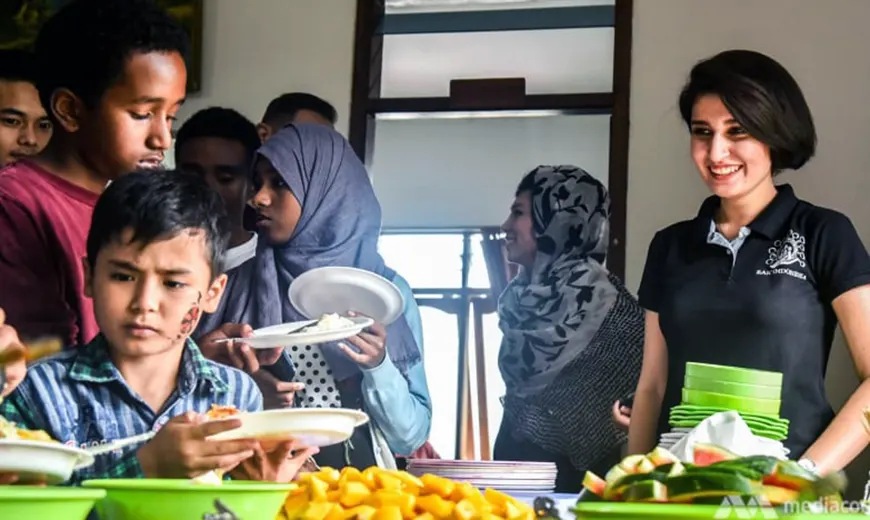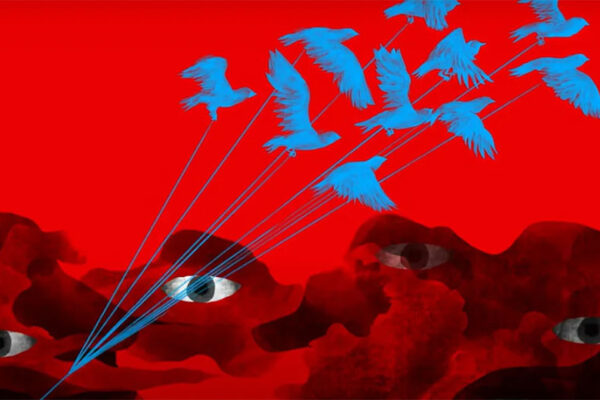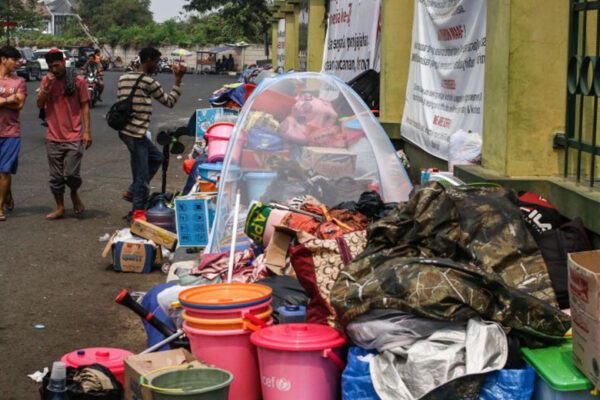Stuck, but sticking together: Refugees and their years of uncertainty stranded in Indonesia
Indonesia is home to about 14,000 refugees. Each carries a unique story and diverse reasons for ending up stranded in Southeast Asia.
Fleeing Iran was a decision tainted with danger. The world had never seemed so wide, but the options so few. It was early 2013 and Iran was awash with political division. Flames of protest had ignited on the streets and opponents of the regime were met with violent reprisal.
Mozhgan’s father had supported an opposition movement calling for a more progressive direction for the nation. It landed him and the family, like countless others, squarely in the crosshairs of the regime. In these moments of torment, where escape lingered within reach, the answer was Indonesia.
“It was the worst mistake of my life,” Mozhgan says, six years later.

When they landed in Jakarta, pariahs of their land, carrying a suitcase of clothes, cash and a deeper weight of fear, the stay was meant to be a short one. Human smugglers who had orchestrated the fraught journey out of Iran had greater promises to fulfil – providing Mozhgan, her parents and younger brother safe passage on a boat to Australia.
This was a peak period for the networks that preyed on human vulnerability, selling thousands of new arrivals a vision of a brighter future over the distant horizon, sometimes in exchange for their life savings. The fishing boats tasked with what seemed an improbable journey were often barely seaworthy. It was a chaotic business enveloped by desperation.
Migrants were frequently dying at sea and Indonesian and Australian authorities alike were delivering hammer blows to the smuggling operations, intercepting boats in the darkness and sending their fearful occupants back.
“It was always at night. We were separated. We always had to rush through the water,” Mozhgan recalls.
“There were people hanging from the boat. It was dirty. There were cockroaches. There was not enough food. There wasn’t enough water, or life jackets. It was a fishing boat, not fit for humans to be on it. It was so scary.” After being seized and released twice, on their third attempt, amid a surge of adrenaline and confusion, Mozhgan made a decision that would change her life. She refused to go any further. She ran. The boat left without them. “In the morning we found out the boat capsized and many people died.”
Mozhgan was alive. But that exit door was closed. “After that I had to actually Google it, to find out what it means to be a refugee or to be an asylum seeker.”










